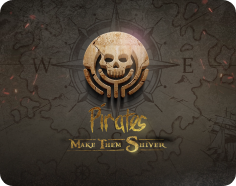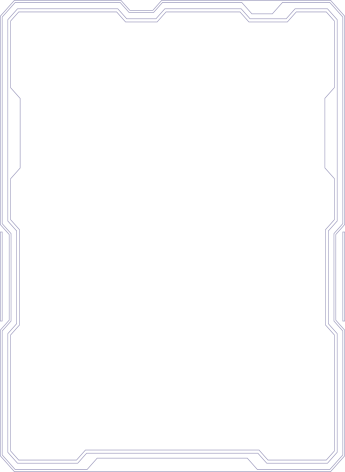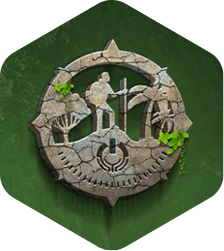


HOME
mission and vision

Overview

Play-for-Fun Comes First

Free-to-play-and-earn

Blockchain games are complex

Decentralized Game

Sustainable Economy

Gasless Economy
factions

Overview

Background

Faction Zone

Eco

Tech

Industrial

Traditional

Eco Pirate

Tech Pirate

Industrial Pirate

Traditional Pirate
playstyles

Overview

Introduction and Gamemode

Tycoon

Adventure

Pirate

Bounty Hunter
game world

Overview

Story

CO2 & Population

Character Stats
digital collectibles

Overview

Ships

Resources

Tools

Buildings

Tiles
technology

Overview

Utility Token (TOS)

Multisig Wallet

Nodes

Marketplace

Cryptopia SDK

Solutions
blockchain

Overview

Web3

Realms

Gas Mechanism

Decentralization

START
mission and vision

Overview

Play-for-Fun Comes First

Free-to-play-and-earn

Blockchain games are complex

Decentralized Game

Sustainable Economy

Gasless Economy
factions

Overview

Background

Faction Zone

Eco

Tech

Industrial

Traditional

Eco Pirate

Tech Pirate

Industrial Pirate

Traditional Pirate
playstyles

Overview

Introduction and Gamemode

Tycoon

Adventure

Pirate

Bounty Hunter
game world

Overview

Story

CO2 & Population

Character Stats
digital collectibles

Overview

Ships

Resources

Tools

Buildings

Tiles
technology

Overview

Utility Token (TOS)

Multisig Wallet

Nodes

Marketplace

Cryptopia SDK

Solutions
blockchain

Overview

Web3

Realms

Gas Mechanism

Decentralization

WHAT'S NEW

February 03, 2022
Cryptopia Wiki
Welcome to Cryptopia’s wiki — your ultimate source of information on everything Cryptopia!+ Read More
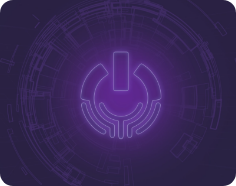

February 03, 2022
Tycoon Gameplay
Build a DeFi empire with the Tycoon gameplay: claim land, maximize profits.+ Read More


February 03, 2022
Adventure Gameplay
Journey to success with career-based adventure gameplay.+ Read More
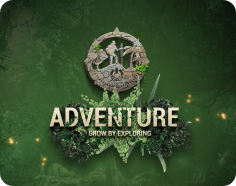

February 03, 2022
Pirates
Sail the Cryptopian seas in the pirate gameplay: loot & evade hunters.+ Read More
